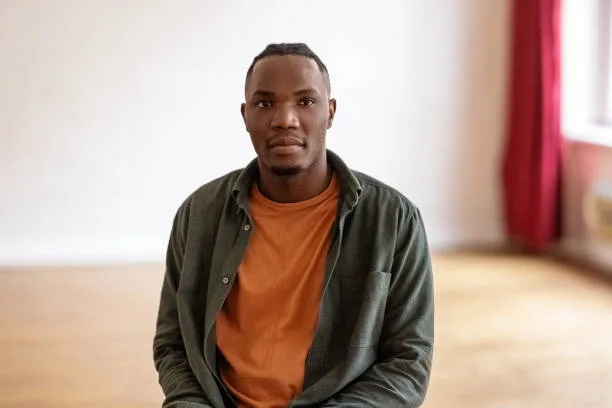
In a world filled with words and digital platforms, it is rare to find one that truly empowers individuals to advocate for their mental well-being and navigate the complex journey of addressing health disparities, especially within communities of color. Amid these challenges, Crisis Text Line emerges as a powerful tool offering a lifeline to those in need, helping them cope with adversity and trauma, which can have a profound impact on their mental health. BlackDoctor.org sat down with Crisis Text Line’s Chief Health Officer Dr. Shairi Turner at HLTH to discuss this important topic.
Understanding the Stigma
In the Black community, there is a unique set of cultural, historical, and social factors that contribute to mental health stigma. Many of us have been taught to be strong, to endure, and to keep our struggles to ourselves. This can make it difficult to reach out for help when we need it most. But here’s the thing – needing help is not a sign of weakness; it’s a sign of strength.
Recognizing the growing mental health crisis and the unique challenges faced by communities of color, Crisis Text Line steps in to provide 24/7 mental health support through text messages (SMS). This platform has trained over 65,000 volunteers, who have engaged in 1.3 million conversations in the last year.
These conversations are risk-assessed for suicide, ensuring immediate intervention when necessary. While Crisis Text Line handles a wide range of issues, from homework struggles to suicidal thoughts, only one percent of interactions require a wellness check involving a mental health professional.
Crisis Text Line’s diverse group of volunteers and mental health professionals work to foster culturally responsive, sensitive, and supportive conversations.
“It’s about deescalating the situation, being emotionally responsive, and helping someone focus and be present when they’re in crisis,” Dr. Turner says.
RELATED: 5 Signs You Need A Therapist
The Impact on Black Youth
The impact of mental health stigma is especially significant among young people. They often face unique challenges like racial discrimination, socioeconomic disparities, and the pressure to conform to societal expectations. These factors can contribute to feelings of isolation and hopelessness.
Adverse childhood experiences (ACEs) and trauma can also significantly affect an individual’s mental and physical health. Each traumatic event a person endures increases the likelihood of suffering from

